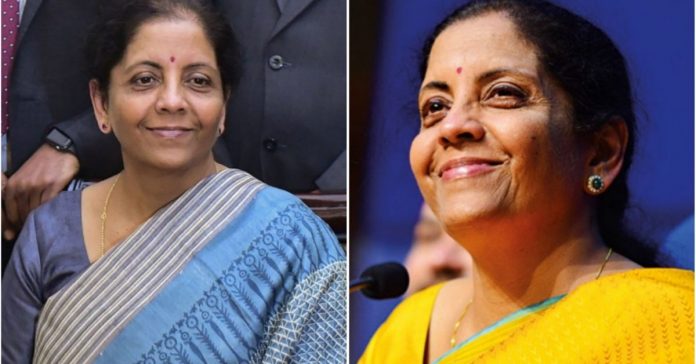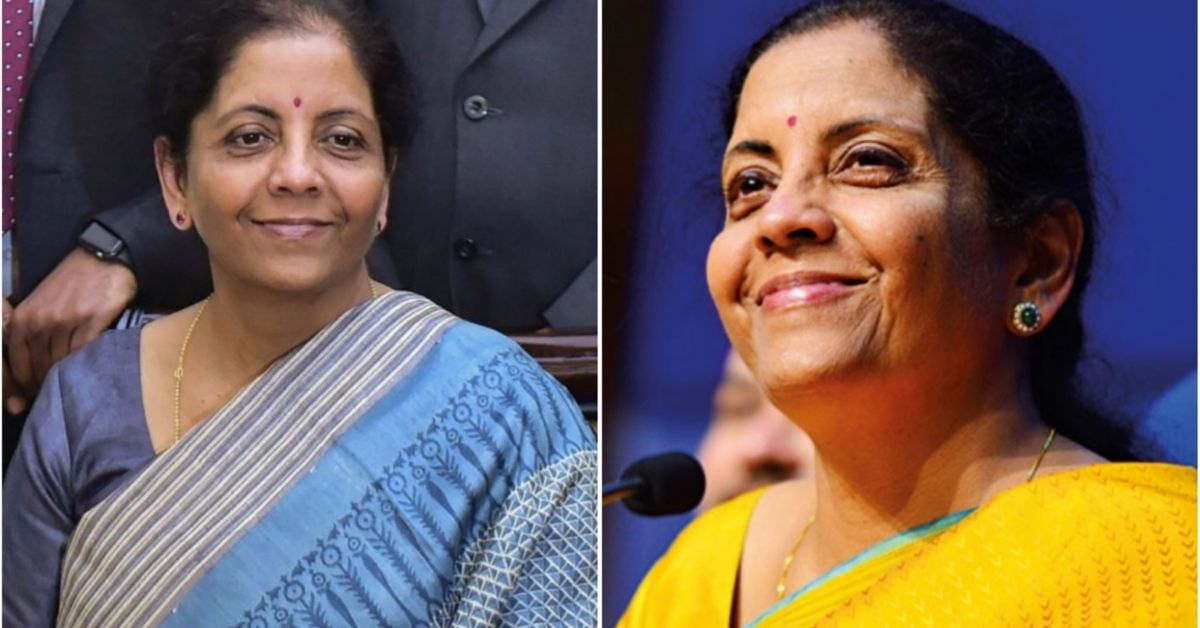
Union Finance Minister Nirmala Sitharaman on Saturday said that the ongoing COVID-19 situation did not deter the Central government from taking measures for reforms that are necessary for sustaining long term growth for this country.
The Union Budget has set the pace for India to become Aatmanirbhar, Sitharaman said while replying to the discussion on the Union Budget in Lok Sabha, adding that these reforms will lay a path for India to be one of the top economies of the world in the coming decade and further.
Saturday also marks the end of the first part of the Budget session of the Parliament.
“I would like to highlight – stimulus plus reforms. The pandemic did not deter us from taking up reforms that would sustain long term growth. We have taken not just one-off reforms, not just now and then, but reforms rivetted in a policy which will give a neat background, a layout spread before the Parliament for people to know that this is a reform that will lay a path for India to be one of the top economies of the world in the coming decade and further,” the Finance Minister said.

She reiterated that India’s approach to the COVID-19 resulted in a retraction in the pandemic.
“Because we had an approach which was spearheaded from the front by the PM, we have had a retraction in the pandemic. Death rates are the lowest in the world and active cases have come down,” she said.
“This Budget draws from the experience of the Prime Minister when he was Chief Minister – on the ground in Gujarat, seen so many revivals happening at a time when the license quota raj was going away post-1991 and then based on that experience, commitment to reform was blended into this Budget,” the minister added.
“Respecting Indian entrepreneurial skills, Indian managerial skills, Indian trade skills, Indian business skills, Indian youth, Jana Sangh onwards, BJP has consistently believed in India. We didn’t borrow something from somewhere and gave a hybrid,” she said.
“In the Budget speech, I very clearly said, we’re taking a holistic approach to health. It’ addressing preventive health, it is addressing curative health, it is also addressing well-being. Otherwise, you are not going to get holistic health-related governance,” the Finance Minister said.
“I will firmly establish that in spite of bringing water and sanitation, the allocations to the core health has not come down. On the contrary, it has gone up,” she said.
“PM SVANidhi Yojana, for those who are constantly accusing us of dealing with cronies – SVANidhi doesn’t go to cronies. Damads get land in states which are governed by some parties – Rajasthan, Haryana once upon a time. ‘Hum 2 hamare 2’ is that – we’re 2 people taking care of party & there are 2 other people who I’ve to take care, daughter & damad will take care of that. We don’t do that. Rs 10,000 is given to 50 lakh street traders as working capital for 1 year. They aren’t anyone’s cronies,” she said.
On not mentioning Defence in her Budget speech, she said, “Rs 1,16,931 cr Defence expenditure in 2013-14, this being so huge, unless we pair it down into 3 compartments, you aren’t going to get a true picture-Revenue, Capital, Pension. Under revenue Rs 1,16,931 cr in 2013-14, Rs 86,741 cr capital in 2013-14, under pensions Rs 44,500 cr in 2013-14. What is it now? Rs 2,09,319 cr under revenue, Rs 1,13,734 cr under capital & Rs 1,33,825 cr under pension.”
Sitaraman, while replying to the discussion on the Union Budget in Rajya Sabha on Friday, slammed the Opposition and accused them of constantly alleging a false narrative that the government only worked for cronies and said several of the Centre’s schemes were for the poor.
She reminded members of the Upper House of several schemes that have been implemented for the poorer sections of the country, like the Pradhan Mantri Awas Yojana and the Pradhan Mantri Saubhagya Yojana.
She also said the Union Budget 2021-22 is the instrument through which Aatmanirbhar Bharat is to be attained and asserted that the government is also looking at “long term sustainable growth”.
Finance Minister had presented the Union Budget 2021-22 in the Parliament on February 1.
Source: Free Press Journal


































